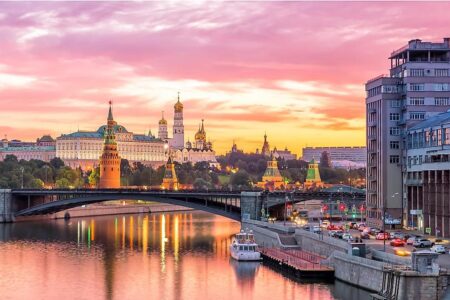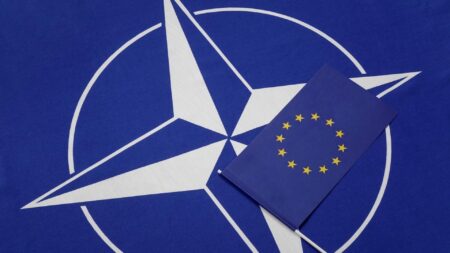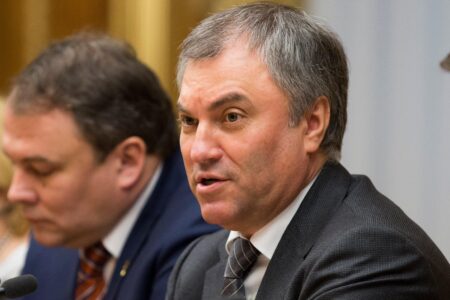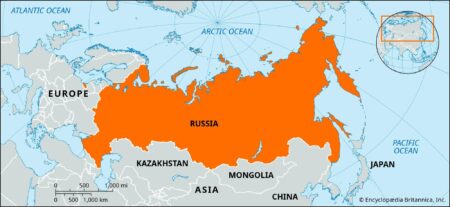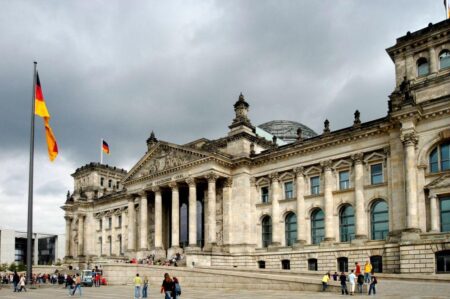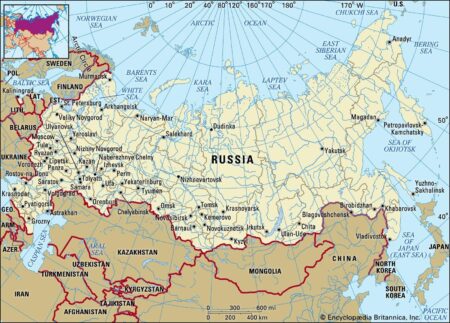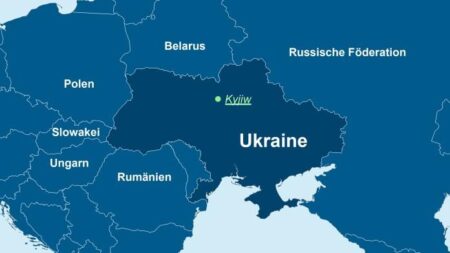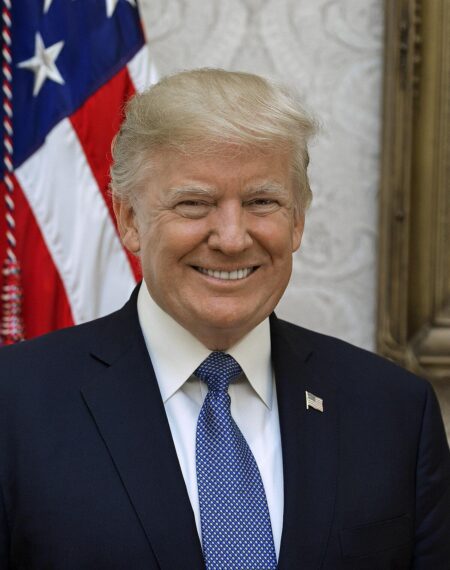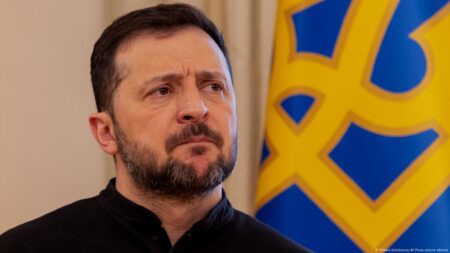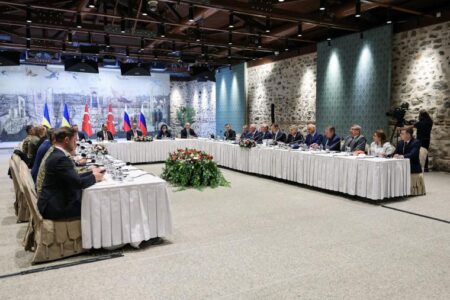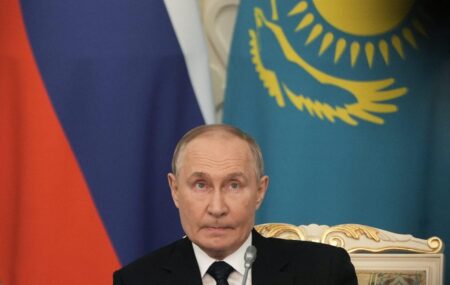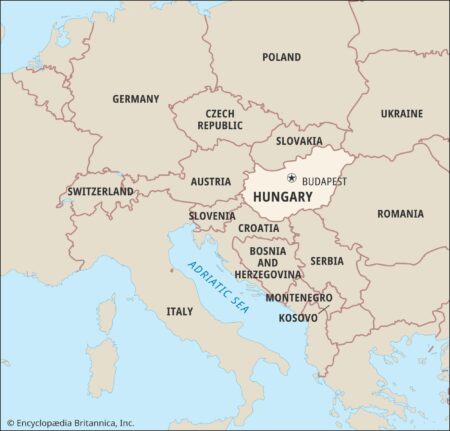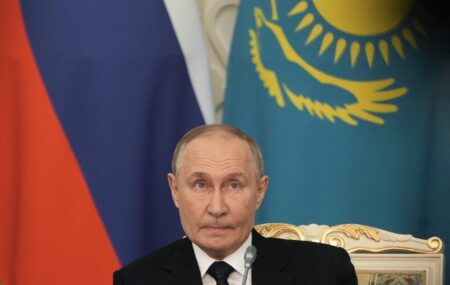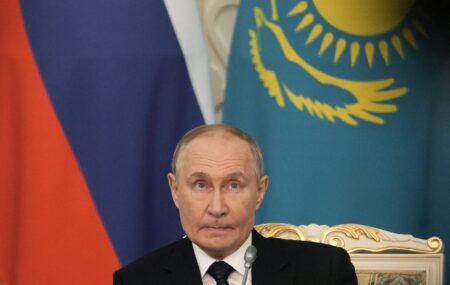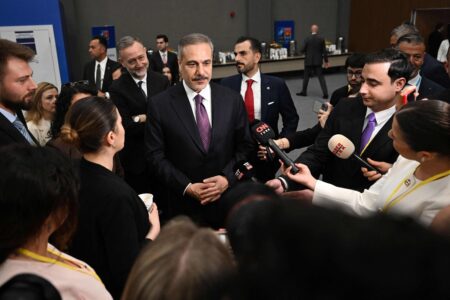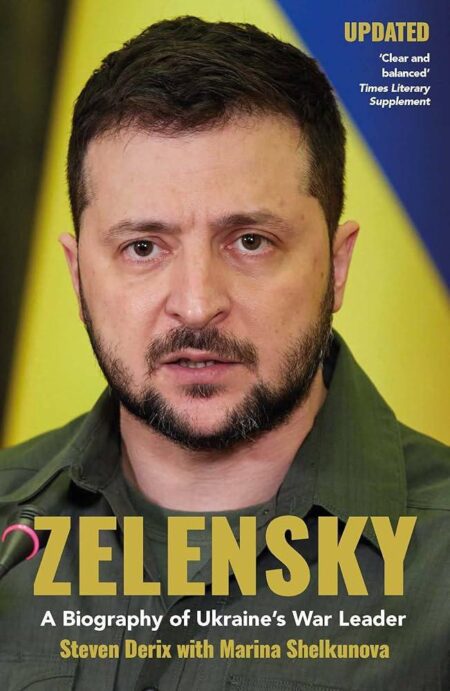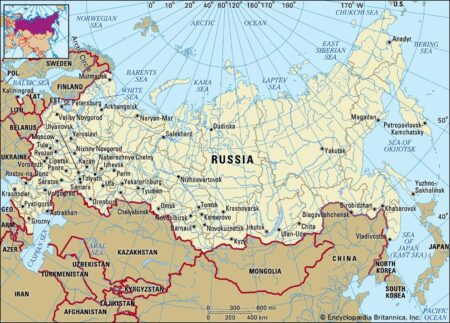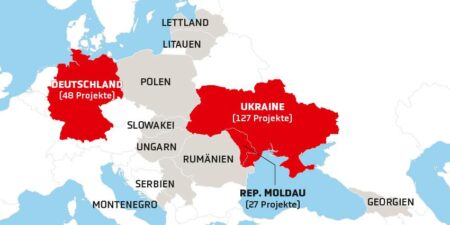Russia has firmly rejected the Vatican as a possible location for peace talks concerning Ukraine, branding the idea as “vulgar.” This dismissal highlights the persistent diplomatic strains as attempts to find a resolution to the conflict continue to stumble.
Browsing: Eastern Europe
NATO has significantly bolstered its military presence along its northern flank, a decisive move in light of escalating tensions with Russia. This comes at a time when the U.S. is scaling back its involvement in the area. This strategic pivot highlights the alliance’s unwavering dedication to ensuring regional security during these uncertain times
A Ukrainian politician with ties to Russia was tragically shot dead in Spain, igniting a firestorm of tension in an already precarious geopolitical landscape. This shocking incident has captured widespread attention as authorities dive into an investigation to uncover the motives behind this brazen attack.
In a striking escalation, Russia has ramped up its military presence along the border with Finland, reinforcing its bases as tensions in the region continue to mount. This bold maneuver is sending ripples of concern among NATO allies, who are increasingly wary of the potential security ramifications for northern Europe.
Germany and Italy have voiced their worries that European leaders are still “far from” achieving a consensus on troop deployment in Ukraine. These comments arise during a time of escalating tensions in the region, making it increasingly challenging to forge a united diplomatic response
As the conflict in Ukraine continues to unfold, recent analyses reveal that Russia is encountering substantial challenges on various fronts. The unwavering resilience and strategic maneuvers of Ukrainian forces are transforming the battlefield, putting Moscow’s military goals and morale to the test.
Ukrainian and Russian officials have touched down in Turkey, sparking hopes for dialogue, but peace negotiations remain elusive. As tensions continue to simmer, both sides tread carefully, underscoring the intricate challenges that stand in the way of a lasting resolution amid the ongoing conflict.
Former President Donald Trump is gearing up to speak with leaders from Russia and Ukraine this Monday, following crucial diplomatic talks in Turkey. These discussions are pivotal in the quest to ease rising tensions amid the ongoing conflict, representing a landmark moment in the landscape of international relations.
Ukrainian President Volodymyr Zelenskyy has been actively engaging in crucial discussions with former President Donald Trump and key allies after the recent peace talks with Russia fell short, leaving no ceasefire in sight. This dialogue is essential as they strategize to counter the relentless aggression, all while navigating a landscape where diplomatic options are increasingly limited.
Ukrainians are left in shock as Russia brazenly disregards U.S.-brokered ceasefire efforts. Officials claim that Vladimir Putin is taking pleasure in what he sees as the weakness of Donald Trump’s administration. This blatant mockery not only challenges the integrity of international peace initiatives but also deepens the turmoil of an already ongoing conflict
In a dramatic turn of events, the talks between Ukraine and Russia in Istanbul wrapped up without a ceasefire agreement. Moscow remained firm on its demand for Kyiv to withdraw from four contested regions, underscoring the deep-seated tensions that continue to plague the conflict. These discussions revealed just how intricate and challenging the path to peace truly is.
A recent analysis by Forbes paints a stark picture: if Russia continues its military engagement at the current rate, it could take centuries and result in tens of millions of casualties to conquer Ukraine. This chilling forecast highlights not only the enduring stalemate but also the staggering costs associated with this ongoing conflict
Hungary has boldly declared its intention to maintain strong ties with China, standing firm even in the face of potential pressure from U.S. leaders, including Trump. This resolute stance highlights Hungary’s dedication to nurturing its strategic partnerships and safeguarding its economic interests amidst escalating geopolitical tensions.
In a dramatic twist, Russia and Ukraine are gearing up for their first direct talks in three years, igniting a wave of intrigue and uncertainty amidst the backdrop of ongoing tensions. As both nations navigate a labyrinth of complex issues, observers are holding their breath with cautious optimism.
Russia and Ukraine are gearing up for a pivotal meeting that could reshape their ongoing tensions. Yet, uncertainty looms over who will be in attendance. With global leaders keeping a watchful eye, the stakes have never been higher for both nations. Stay tuned for the latest updates!
In a significant development, Russia has unveiled plans to assemble a delegation that will participate in peace talks with Ukrainian officials on May 15. This announcement hints at a possible turn towards diplomacy amid the persistent tensions, igniting hopes for a much-needed resolution to the ongoing conflict.
Ukrainian President Volodymyr Zelensky has firmly reiterated his stance as he prepares for this week’s crucial talks in Turkey. He emphasized that his participation hinges on the presence of Russian President Vladimir Putin. These discussions are set to tackle the escalating tensions between their nations, making it a pivotal moment for both leaders.
Russia has firmly rejected the UN tribunal’s findings that connect it to the tragic downing of Malaysia Airlines Flight MH17 in 2014, labeling the ruling as “biased.” The Kremlin argues that the investigation is driven by political agendas and poses a threat to the integrity of international law
A Bulgarian national has been handed a 10-year prison sentence in the UK for spearheading a Russian spy network. This individual was found guilty of orchestrating covert operations that posed serious threats to national security, representing a major triumph for UK intelligence agencies.
Ukraine has revealed intriguing insights into Russia’s latest innovation, the Banderol cruise missile, showcasing its cutting-edge capabilities and impressive operational range. This announcement arrives during heightened tensions between the two nations, illuminating the rapid advancements in military technology.

